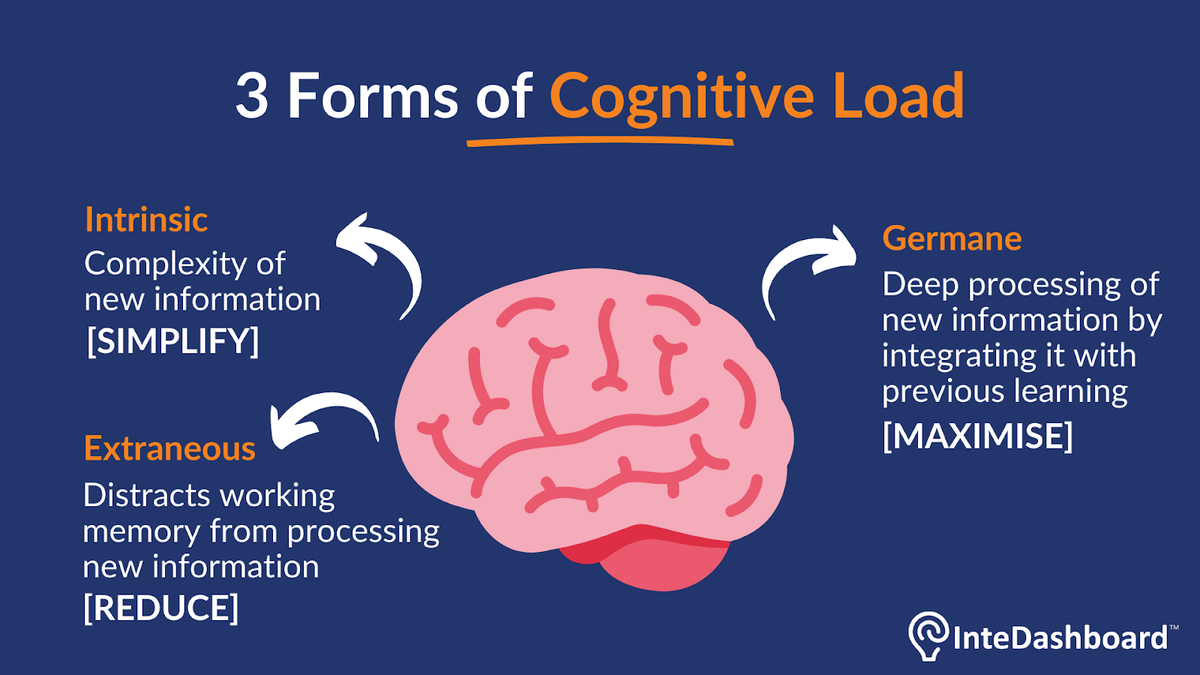Assistant Principal's
News
Ms Fiona Scullion
Assistant Principal

Assistant Principal's
News
Ms Fiona Scullion
Assistant Principal
Dear Parents
Last week, Mr Anderson, Mrs Girgenti and myself attended a conference led by Viviane Robinson. Viviane is an distinguished emeritus professor at the University of Auckland, specialising in organisational and educational psychology.
Over the two days, we looked at leadership in schools and effective ways to ensure that we are fulfilling the proper purpose of education - to prepare our students to lead fulfilling lives by exercising autonomy within a thriving Catholic community.
We found the conference incredibly fulfilling and empowering as we were validated in knowing that we continue to be on the right path at St Francis Xavier and our leadership team aligned with Viviane’s key message.
An area that was a main focus was “Cognitive Load”. Our staff have been focusing on this theory during staff meetings and coaching cycles. Our focus is on ways to avoid the clutter and overload of short term memory and free up the space so that deep learning occurs and moves to a child’s long term memory.
Imagine your child's brain as a computer with limited processing power. Cognitive load refers to the total amount of mental effort being used in the working memory. When the load is too high, learning becomes difficult or impossible.
There are three types of cognitive load:


Children, especially younger ones, often have a smaller working memory capacity than adults. When their cognitive load is too high, they may:
Here are some practical tips to help reduce extraneous cognitive load and promote germane load:
God Bless,
Fiona